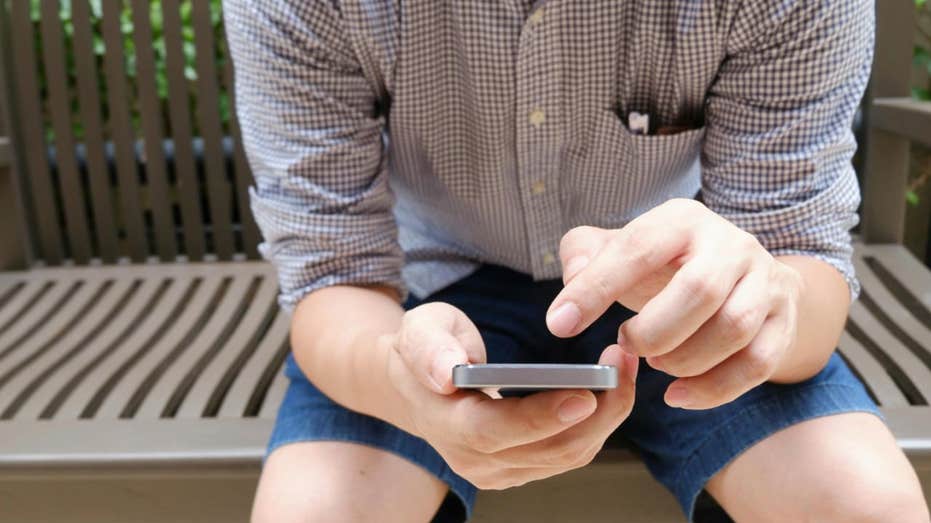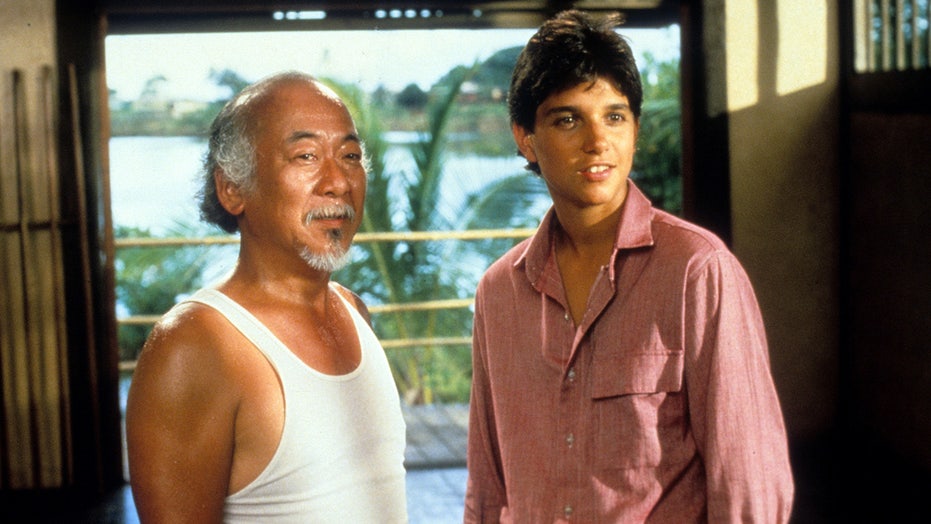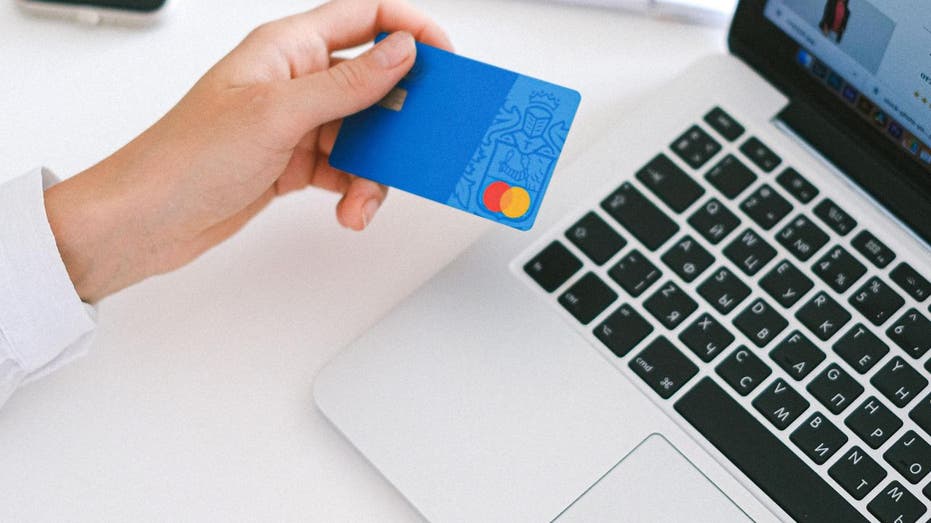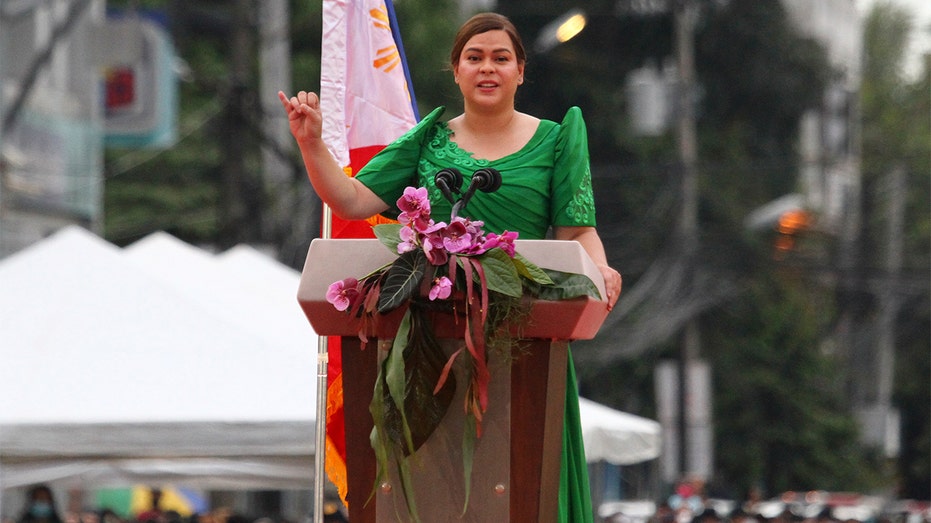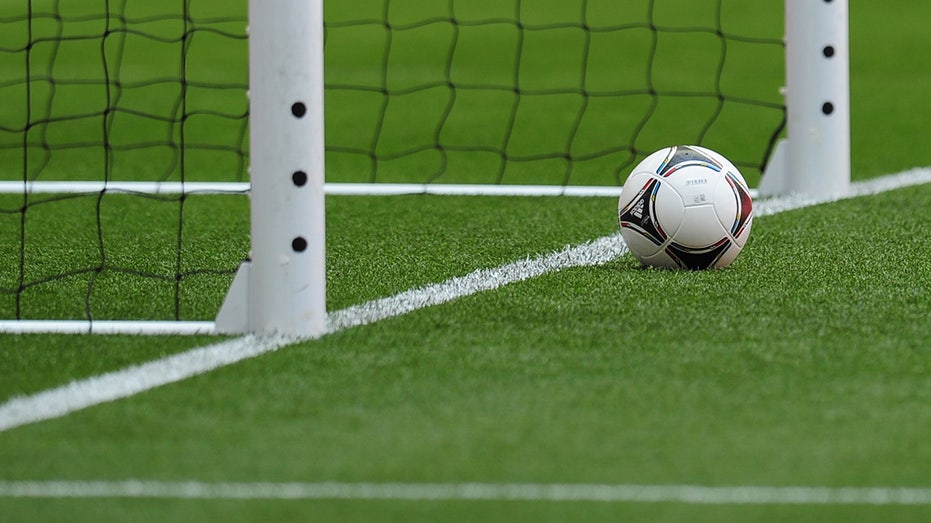- by foxnews
- 24 Nov 2024
‘The science isn’t there’: do dating apps really help us find our soulmate?
‘The science isn’t there’: do dating apps really help us find our soulmate?
- by theguardian
- 22 May 2024
- in technology
A class-action lawsuit filed in a US federal court last Valentine's Day accuses Match Group - the owners of Tinder, Hinge and OkCupid dating apps, among others - of using a "predatory business model" and of doing everything in its power to keep users hooked, in flagrant opposition to Hinge's claim that it is "designed to be deleted".
The lawsuit crystallised an ocean of dissatisfaction with the apps, and stimulated a new round of debate over their potential to harm mental health, but for scientists who study romantic relationships it sidestepped the central issue: do they work? Does using the apps increase your chances of finding your soulmate, or not? The answer is, nobody knows.
"The science isn't there," says sociologist Elizabeth Bruch of the University of Michigan, who has studied online dating for a decade.
The apps have undoubtedly "altered social reality", to quote the lawsuit. In the US, where uptake has been greatest since their advent, first as websites, about 30 years ago, more than half of all heterosexual couples - and an even higher proportion of gay couples - now meet online, according to Stanford University sociologist Michael Rosenfeld. Europe, slower to catch on, still has an estimated 80 million users.
Rosenfeld, who tracks US dating trends, says that online dating has steadily replaced traditional ways of finding mates, through friends, work or places of worship. It might eventually plateau at a certain market share, since those other channels haven't gone away, but reports that gen Z - which includes those now in their 20s - are turning their back on the apps are not borne out by his data.
The recent and real dating drought is more likely to be a temporary blip caused by the pandemic, Rosenfeld says, which made it nearly impossible for people to follow up online connections by meeting face-to-face. "The number of single adults in the United States increased by about 10 to 12 million during the pandemic," he says.
But even if online dating is now a permanent fixture of our social landscape, research is lacking on how happy or durable the couples are that meet that way, or on whether the apps are presenting users with the most suitable candidates. The companies don't generally release their data, but Bruch says there's no evidence that they have any greater inside knowledge than the scientists who study the question.
One recent US study showed that people who met their spouse online reported having slightly less satisfying and stable marriages than those who met them offline, but this could be explained by factors other than the online dating experience itself, such as the lingering stigma associated with meeting people that way, and the typically greater geographical distance between the two halves of the couple.
"Nobody really knows what makes for a great relationship and what makes for chemistry and what makes for long-term compatibility," says Bruch.
Meanwhile, dating platforms promising new and better ways to unite kindred spirits have been proliferating. Some claim to be able to match couples on the basis of their brain activity or facial expressions. In the relative data desert, who's to say they can or can't?
What we do know, from online forums where people discuss their experiences, is that for every couple united online there is plenty of disappointment. One woman whose story haunts Bruch said she swiped through more than 40,000 profiles and did not end up in a relationship. "Allowing three minutes to look at a profile, that's 2,000 hours or 12 weeks of her life looking for partners," Bruch says.
Of course, offline methods can be frustrating too, but what if they could all be improved?
The technology that enables online dating presents a golden opportunity for collecting the data that, until now, has been so hard to come by, and for developing the missing science of human connection. And since the companies are so secretive, and commercially oriented, a number of academic research groups have begun building their own apps - ones that will double as matchmaker and research tool.
Bruch and University of Michigan psychologist Amie Gordon will roll out their free app this summer, to the local student population to begin with, and they hope to have preliminary findings by December. Bruch says that unlike the commercial alternatives, theirs will be launched with full disclosure: "We don't know who you're compatible with."
Their collaboration grew out of conversations that made it clear to them that psychologists and sociologists were addressing different parts of the problem. Gordon, who is interested in what keeps couples together, pointed to psychological research showing no correlation between a couple being well-matched in age, ethnic identity or level of education, and long-term compatibility. Bruch laughed when she heard that. "That's because people have already selected for those things by the time they get together," she says.
Sociologists had shown that similarity on those measures counts in the early stages of a relationship. Compared with the population as a whole, therefore, couples do score highly for similarity.
Overall, though, it's not clear when similarity counts, or in what domains. Similar values seem to matter more than similar personalities, especially at the stage of initial attraction, but Gordon says that's one of the few messages that can be extracted from the messy data.
The pair realised that in order to get a clearer picture of the dynamics of romance, they needed to follow couples through time, starting from the pool of uncoupled, potential partners. That meant resolving some tricky ethical issues, such as how to present people with candidates they might not have chosen themselves.
In 2014, one of OkCupid's founders caused uproar when he admitted that the company had experimented by presenting users with badly matched profiles, telling them they were good matches, to see if the pairs would converse as much as genuinely well-matched ones (they did).
The experiment was widely judged to be unethical, but it did suggest that who people think they are compatible with isn't necessarily who they are compatible with.
Ethicist Luke Brunning of Leeds University, who with fellow ethicist Natasha McKeever is also building a research-oriented dating app, says that one of the problems with the commercial products is that they allow users to filter their searches according to their own preconceptions of compatibility, which might not be justified. "Relating to other people is a complicated thing that takes work and effort," he says. "It unfolds in unpredictable ways that often surprise us when we look back on it."
Bruch and Gordon are getting around this with a trade-off: in return for seeing the profiles they choose most of the time, users must agree to participate in "Serendipity Sundays" where they have less control over who is presented to them. "The goal is to be as transparent as we can," says Gordon. "We're telling people: experiment with us."
To be fair to the companies, Brunning says, they have been innovating themselves - to protect users from cyberstalking, for example. But he and McKeever are interested in exploring less studied aspects of the user experience, such as the sense of alienation that some users complain about, and discrimination against minority groups.
One key question will be what exactly people are using the apps for, since it's clear their goal isn't always to secure a date. Some might be passing time with a flirtation, for example, while others might be looking to make connections in a new city. Ultimately the researchers hope the companies will use their findings to hone apps that work better for all users.
Sceptics may feel that's unlikely, since the companies' drive to maximise profits is incompatible with many users' wish to find love and delete the app. The ongoing US lawsuit accuses Match Group of deploying "addictive, game-like design features, which lock users into a perpetual pay-to-play loop".
But dating apps, she says, are far from alone in exploiting the hook-and-hold mechanism of slot machines. "To my mind, the bigger criticism here is of the contemporary model of capitalism - the click economy," she says.
Bruch worries that the convergence of two trends - gamification, and the shift of dating online - means that people are being forced to run the gauntlet of addiction to satisfy a basic human need.
Rosenfeld is less concerned. The dating apps may have some manipulative aspects, he says, but so does your mother, or the village matchmaker of the past. The apps have other advantages, too. Many female users appreciate being able to deal with daters remotely to begin with, he says. And as for the science of connection, your mum also used a pretty wonky algorithm to funnel suitors your way - generally speaking, selecting "people like us".
Rosenfeld's long experience of interviewing singles leaves him in no doubt that it's hard to find your soulmate, however you do it. "The frogs outnumber the princes, and if you've been out there and if you've kissed some frogs, you're bound to be frustrated," he says.
Ultimately, suggests Rosenfeld, dating apps generate several million relationships a year in the US alone, leading him to rate them a net social positive. They should be regulated to rein in the gamified elements and increase transparency, he says, but that's true of all social media, and it's more urgent for platforms such as Facebook that have huge followings and are more vulnerable to external manipulation. Better to work to improve the apps, and to learn from them, than to vilify them, he says, because one thing is certain: "They are here to stay."
- by foxnews
- descember 09, 2016
Italy expected to draw travelers by the millions as Pope Francis kicks off Holy Year
The 2025 Jubilee will bring tourists to the Vatican, Rome and Italy to celebrate the Catholic tradition of patrons asking for forgiveness of sins. Hope will be a central theme.
read more